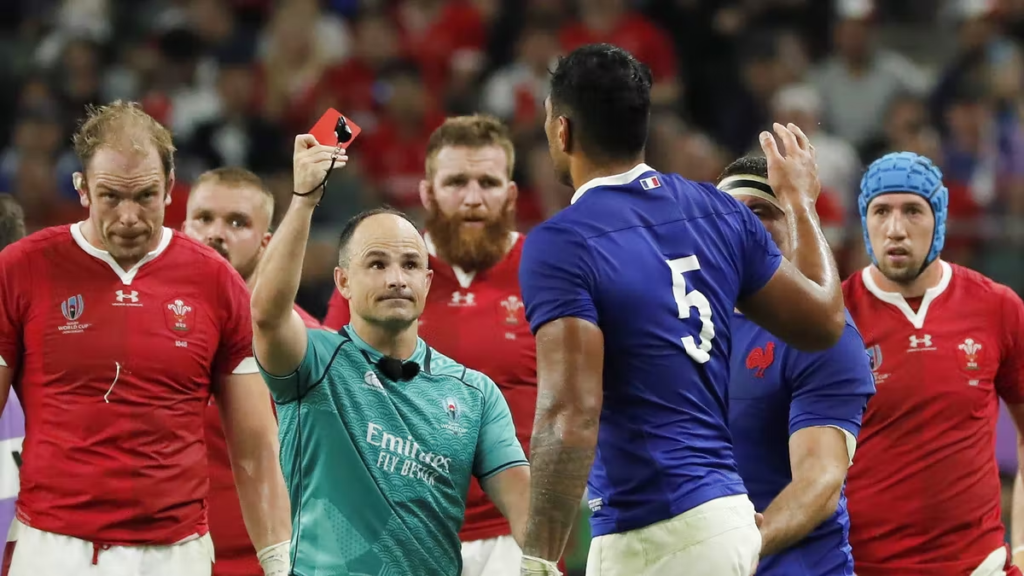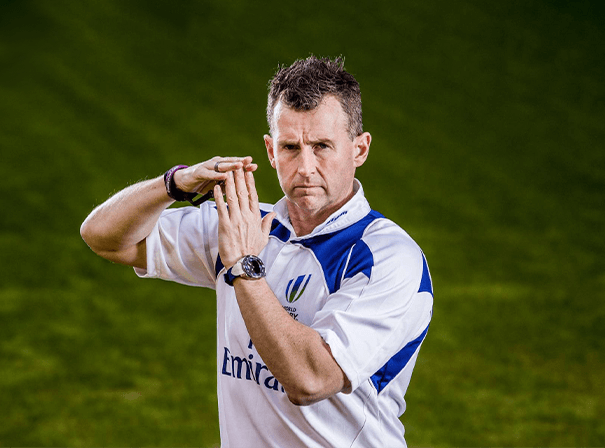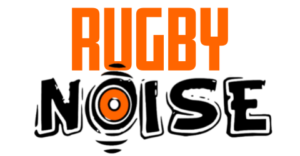Particularly for new fans, rugby can be a confusing game. Getting the rules right is not always the easiest thing, but there is a group of people tasked with making sure rugby players stick to the rules.
What officials are there in rugby? There will usually be four officials in a Rugby match. The referee is on the pitch, making initial decisions. There are two touch judges who advise the referee and for some professional games, there is also the Television Match Official.

At times, rugby may seem like a confusing sport as it can look like 30 players running as fast at each other as they can. But for those who have watched a few of the games, there are a lot of rules surrounding the game to make it fair, competitive and safe.
As in any other sport, you need the right people to officiate the game. So in a competitive game of rugby, there is always a referee and two touch judges. The referee is the person in charge of the game and his decision is final. All other officials are simply there to advise and help the referee.
There are always two touch judges in any competitive game. They run along the touchline and are in place to advise the referee of any given decision. They are simply there to help the referee, with the referee making the final decision. So the touch judges act as an additional referee and observe any infringements to the laws.
In some professional matches, we have seen the introductions of Television Match Officials (TMO). These have become a lot more common in the last few years with games that are televised.
The TMO will look back at replays to see anything that the referee may have missed. If there is any foul play that the referee has missed, this will likely be picked up by the TMO and they will advise the referee to take a look at the replays that the TMO will show them on the big screens in the ground.
The referee will also look for some help from the TMO on potential tries. If the ball has gone over the line but there is not a clear grounding, the referee will usually ask the TMO to show a few different replays to see whether there is any evidence of the ball being grounded over the line, which would allow the try to be given.
While the TMO is given a chance to look back at events, the referee is still the person with the final decision. There needs to be conclusive evidence from the TMO to overturn any call that the referee has made on the field. It is so that there is no confusion and decisions can be made quickly.
The TMO is something that has become much more common in the last few years. There is so much going on during a game of rugby that three officials will struggle to see exactly what is going on. The TMO can look back on the game to help the referees make the right decision.
While we have seen TMOs taking on a much bigger role over the last few years, the referee is still the sole judge of the facts and law. The referee is the one who will give permission for players to enter and leave the field, give permission for doctors and other medical assistants to enter the playing area as well as keep the time.
Who is the best Rugby Referee of All-Time
There is some discussion as to who is the best rugby referee of all time. It is a crucial role as rugby has some incredibly complicated rules that need to be understood and applied correctly to ensure a safe and fair game.
So when you think about the best rugby referee of all time, many people’s minds immediately go to Welshman Nigel Owens. Owens began refereeing all the way back in 1987 at just 16 years old. He would become a professional referee after the game itself became professional.

It was soon after the start of the 21st century that he began taking charge of some of the bigger games. Owens made his European debut in 2001 when he refereed a game between Piacenza and London Irish. His international tier one debut came in 2005 when he refereed the first test of the Irish tour of Japan.
This would be the first of many test matches that Owens would referee and he was one of the referees appointed for the group stages of the 2007 and 2011 World Cup. Owens was also the referee for the 2015 and 2019 World Cup finals as well as many domestic and European finals.
Owens took charge of his 100th international match in the Autumn Nations Cup game between France and Italy and this would be his final international game, retiring two weeks later. He retires as the first referee in charge of 100 test matches and one of the best if not the best referee of all time.
While Owens may be the first name that comes to mind, there have been a few different world-class referees in the history of rugby. Wayne Barnes is one of the most successful English referees and a Premiership legend.
Having started refereeing at the age of 15, he became a professional in 2005, making his test debut one year later. Barnes would go on to officiate at multiple world cups. He is most well known for being the first referee to award a red card in an English Premiership final when he sent off Northampton Saints captain Dylan Hartley for swearing at him.
World Rugby actually hands out an award for Rugby Referee of the year and it highlights some of the best referees of the past and present. Angus Gardner, Romain Poite and Jonathan Kaplan are all some of the best referees of all time with vast test experience as well as hundreds of domestic rugby games between them.
But if you’re talking about the best rugby referee of all time, it has to be Nigel Owens.
